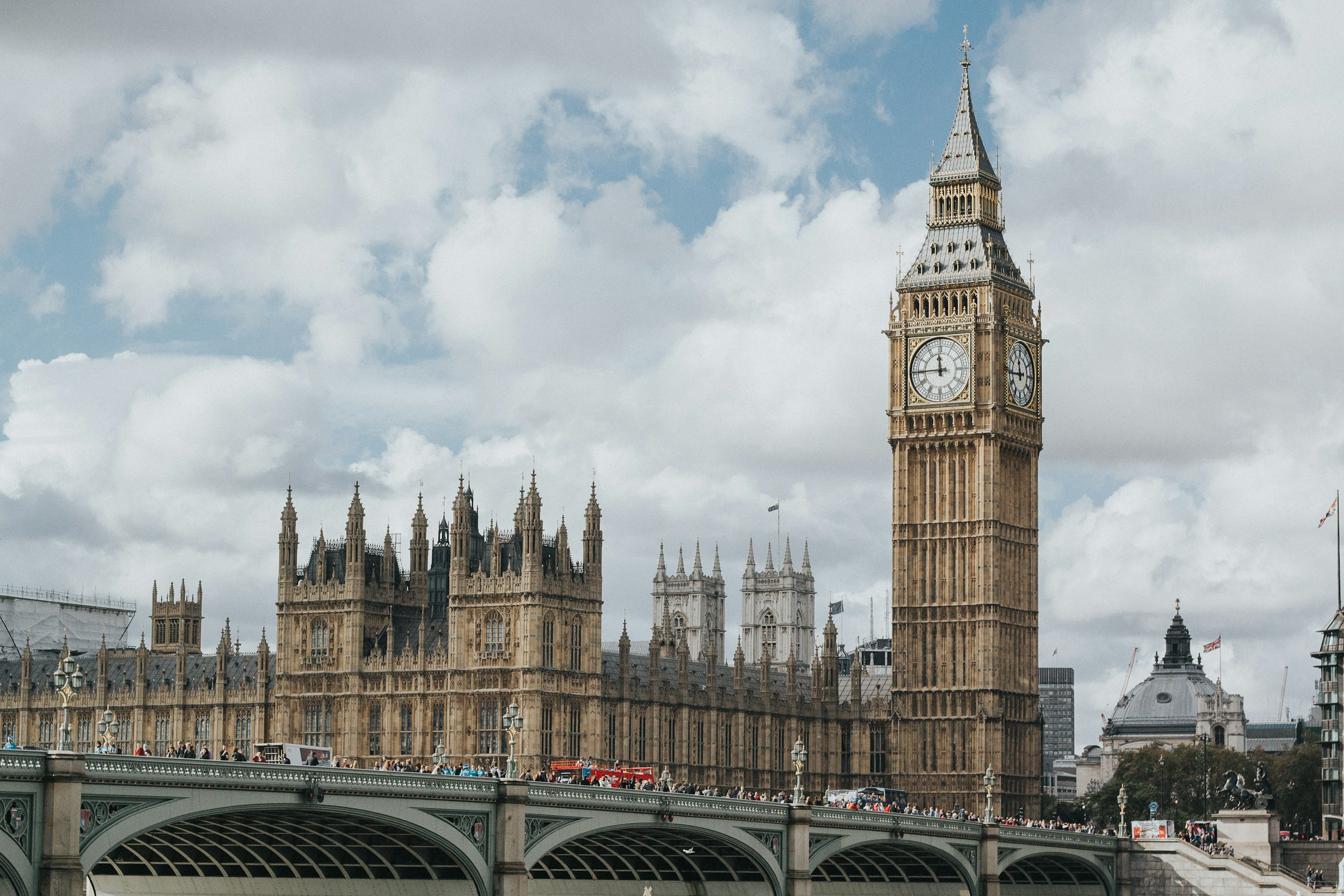While consumer confidence steadies in the U.S. and retail expansion accelerates in the Gulf, the U.K. is seeing a notable divergence. New data confirms what British businesses already feel on the ground: U.K. consumers are growing markedly gloomier, even as inflation shows signs of easing. This isn’t just about inflation fatigue or housing stress. It’s about a larger economic identity crisis—and the absence of any coherent playbook to support real recovery.
The decline in consumer confidence is not an isolated mood swing. It reflects the slow erosion of economic alignment between policy, wages, retail models, and household expectations. And unlike in the UAE or Saudi Arabia—where state-led transformation programs anchor long-term optimism—the U.K. appears increasingly reactive, fragmented, and unstrategic in its response to consumer sentiment declines.
In the U.K., retailers are trimming forecasts, compressing store footprints, and narrowing product ranges. Boots, Wilko, and John Lewis have all faced pressure to retrench—less out of necessity and more out of survival instinct. Contrast this with the Gulf Cooperation Council (GCC), where even legacy brands are doubling down on physical retail, tapping into new formats, omnichannel investments, and experience-driven malls.
The divergence is strategic, not cyclical. In the GCC, confidence in consumer demand is backed by sovereign infrastructure plans, population growth, and retail ecosystem innovation. In the U.K., however, consumer sentiment decline is seen as yet another headwind—fought at the margin, rather than addressed at the root. Business models are reacting to volatility, not restructuring around it.
To understand the stubborn gloom in U.K. households, we need to connect three under-analyzed forces: policy whiplash, wage stagnation, and retail erosion.
First, the U.K. lacks a unifying economic narrative. While Rishi Sunak’s government has deployed targeted cost-of-living support and tax tweaks, there’s no visible long-term strategy that aligns fiscal policy with household resilience. By contrast, even high-inflation countries like Turkey or Egypt have been more consistent—if not always successful—in signaling their intent. The U.K.’s fragmented signaling dilutes confidence.
Second, nominal wage growth in the U.K. has failed to generate meaningful purchasing power. The psychological dissonance is powerful: workers see wages rising on paper, but food prices, energy costs, and rent outpace those gains. This is compounded by stealth taxes and frozen thresholds—creating what feels like fiscal erosion.
Third, the retail channel itself is losing consumer trust. Pricing transparency is broken, with “shrinkflation” and price skimming more visible than any loyalty incentive. British shoppers feel played—and they are adapting accordingly. Value-hunting is up, discretionary spending is down, and cross-border e-commerce is gaining favor.
This isn’t merely austerity behavior. It’s consumer disengagement from a system they no longer believe works for them.
It would be a mistake for corporate strategists to treat this sentiment slump as cyclical noise. The truth is more fundamental: consumer malaise in the U.K. signals a misalignment between economic intent and business model execution.
Consider the difference in consumer futures planning. In MENA, state-linked accelerators fund retail innovation and digitization efforts with decade-long vision. In the U.S., even amid inflation, consumer credit systems and retail tech continue to support dynamic price discovery and competitive targeting. But in the U.K., retailers are narrowing SKU ranges, reducing physical access, and limiting risk—betting that survival trumps reinvention.
This may lower near-term exposure, but it also strips away the long-term trust consumers need to feel seen, supported, and worth selling to. The strategic failure isn’t price. It’s positioning. British retail is no longer signaling belief in its own growth.
To understand what Britain could be learning—but isn’t—look to Ireland and the Nordics. In both markets, coordinated public-private action has buffered households more effectively. Ireland’s social transfers and progressive wage indexing have helped preserve consumer optimism. Sweden and Norway, meanwhile, pair restrained inflation with retail models that reward loyalty and lean toward social trust rather than aggressive discounting.
These markets show it’s possible to protect consumer psychology without massive fiscal expansion. The key is alignment: between government signaling, business pricing models, and consumer experience. The U.K. lacks all three.
Moreover, regulatory drift compounds the issue. Post-Brexit supply chain dislocations and import frictions have raised business costs—but rather than address these structurally, U.K. firms have resorted to pass-through pricing or category exit. The result? Less competition, fewer choices, and consumers walking away.
The message is clear: the U.K. consumer isn’t just squeezed. They’re disillusioned. And business leaders should stop waiting for sentiment to improve on its own.
What the data reveals is a consumer population whose psychological and structural support systems have been eroded without replacement. In markets like Singapore or Dubai, consumer confidence is treated as a strategic pillar—with infrastructure, messaging, and product design tailored accordingly. In the U.K., sentiment is treated as an output to be managed, rather than an input to be rebuilt.
If British retailers and policymakers continue to treat gloom as a communications problem—or worse, a weather pattern—then sentiment will remain flat or deteriorate. The next quarter may not bring collapse, but it will deepen the behavioral shift: less trust, more hedging, and slower return to higher-margin categories.
The challenge isn’t just to raise confidence. It’s to reestablish credibility—in pricing, in government coordination, and in the retail proposition itself. Until that happens, don’t expect sentiment to bounce. Expect it to signal something deeper: a system that no longer inspires belief.




-6.jpg&w=3840&q=75)










